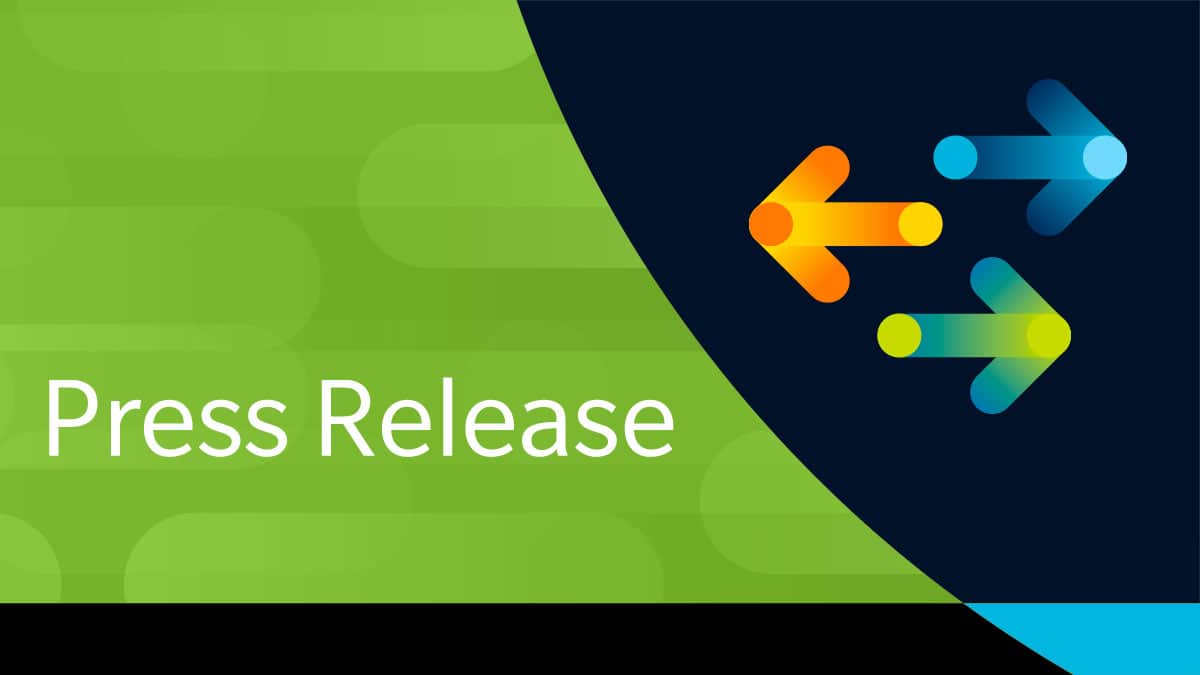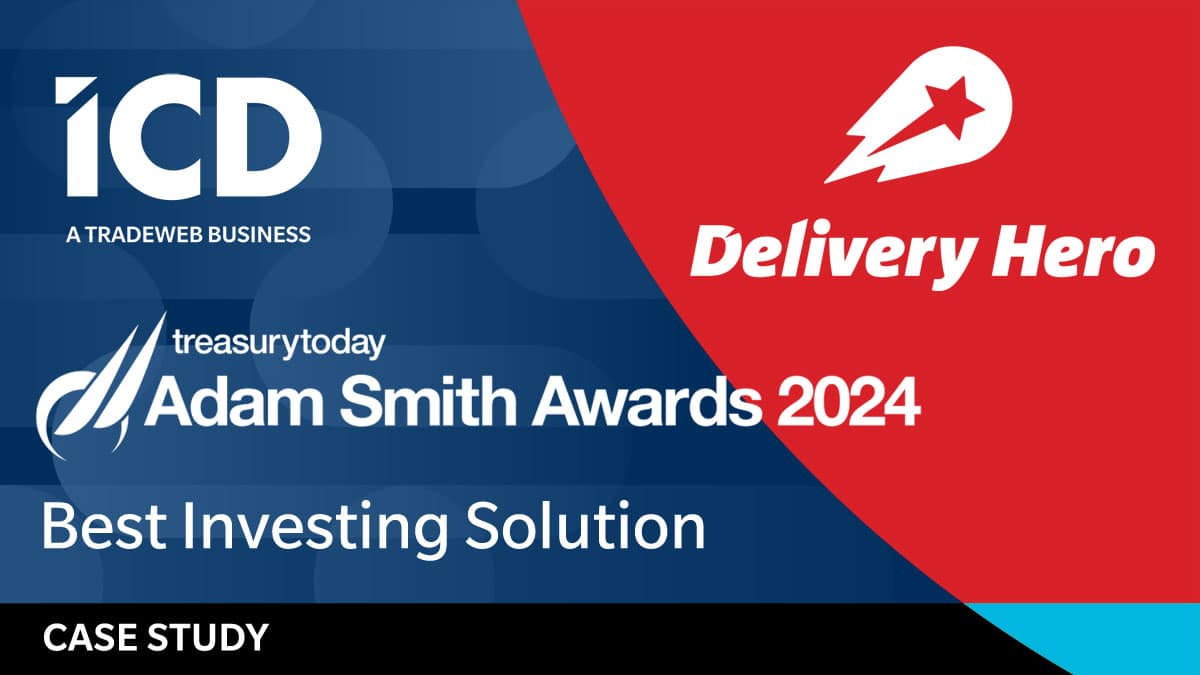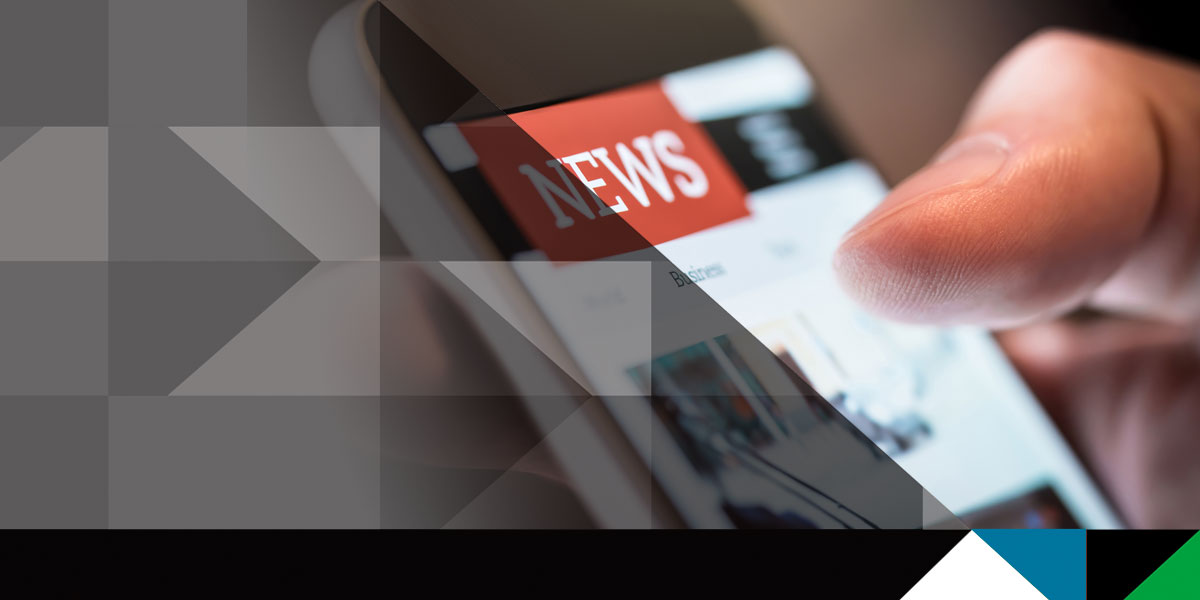by Justin Brimfield, Chief Marketing Officer, ICD
As companies figure out how to return to the office following an abrupt work-from-home shift brought on by the pandemic, one thing is certain: remote access to business-critical tasks and data is a must-have for treasury organizations going forward, and technology will continue to be the enabler.
Treasury teams working remotely or in hybrid work environments require access to centralized systems and data to gain the visibility they need to act quickly and decisively about liquidity and short-term investments. In the 2021 EuroFinance Treasury Report, liquidity/cash management (70%), cash flow forecasting (54%) and technology (42%) were the top three priorities for treasury going forward.
In a recent webinar, investment portal provider ICD and Actualize Consulting reviewed how treasury organizations can get the most out of their treasury technology stack to support their priorities, whether they are in the market to onboard new technology or integrating existing technology.
Actualize Principal Chad Wekelo summarized four recommendations when considering treasury technology:
1. Hit the Trifecta – Identify technology that provides the trifecta: visibility, automation, and insights. Consider technologies that not only automate otherwise manual tasks, but also provide visibility into data flowing into or out of other systems. Also consider tools to help teams make sense of that data.
2. Integrate Platforms – Ensure tight integration between technology platforms. Integration is key to visibility and getting information in real time. Many organizations are using multiple tools within their treasury landscape. Spending time moving or reconciling data back and forth between tools limits the benefits of these technologies.
3. Shift Strategic – Seek technology that allows a shift from operational tasks to strategic analysis. This is commonly the underlying goal or objective of an organization’s transformation. Technologies that free up time to allow teams to use their analytical skills will help facilitate this shift.
4. Centralize Data – Consolidating disparate data can provide unique insights with proper tools. Without a central source of data, it is very difficult to make good decisions. As a central group, treasury interacts with other departments, such as FP&A, AP/AR, accounting, and legal. Processes and spreadsheets are duplicated across groups with treasury using data calculated and shared differently among these groups. To minimize this risky practice, common technologies such as ERPs, treasury management systems and portals consolidate and normalize data. Connectivity is key with technologies such as APIs, SWIFT or other service bureaus used to bring data in from various banks. Teams can also leverage technology partners who provide this connectivity as part of their offerings.
Among treasury professionals attending the webinar, 64% said they were in the process of a technology transformation currently or within the next year. This sentiment tracks similarly in ICD’s 2021 Client Survey at 66%. Wekelo explained that Actualize is seeing more “micro transformations,” where success is achieved through a series of smaller projects, helping teams from a budgetary and project management perspective by avoiding large resource intensive efforts.
During the webinar, ICD shared three client case studies to demonstrate different approaches to technology transformation – point-to-point at Cisco with an ICD co-innovation for automated trade settlement; a treasury management system transformation with Honda, ICD and Kyriba for an end-to-end cash and investments workflow; and a full treasury transformation incorporating ICD Portal along with other technologies such as Kyriba and SAP at Alexion Pharmaceuticals.
Here is a summary of the takeaways:
Challenges:
- Basic, standardized integrations do not meet the way my treasury organization is set up.
- We need data to flow into and out of the appropriate treasury applications.
- We lack resources and experience to evaluate and implement new systems.
Solutions:
- Identify solutions built on flexible open architecture that can be configured to the way you work.
- Identify your desired workflow before integrating systems and ensure the providers can send data in a timely manner. Test before going live.
- Seek out providers and consultants who can help you map out the process and work through each step with your team.
While the 2021 EuroFinance Treasury Report shows that remote working was the factor that most impacted technology adoption, 71% of ICD webinar attendees indicated that their technologies are not integrated, or they are implementing smaller point-to-point solutions. As treasury teams continue to operate in dynamic work and market environments, learning how to get the most out of their treasury technology stack will serve them well.
Source: EuroFinance



